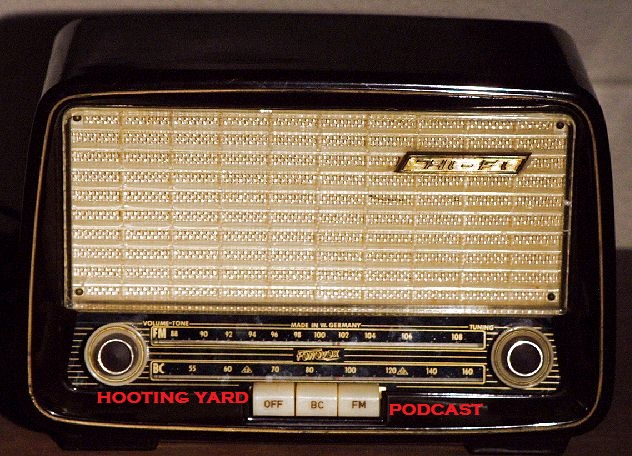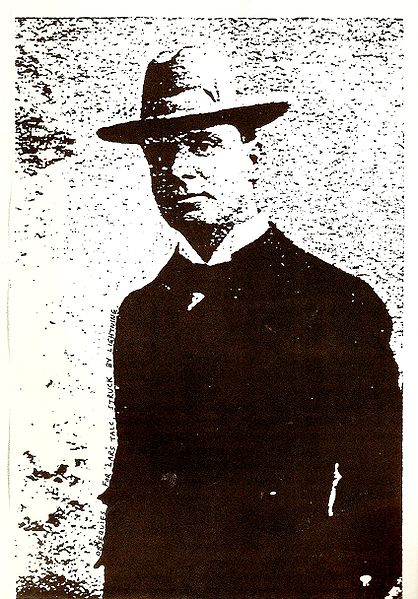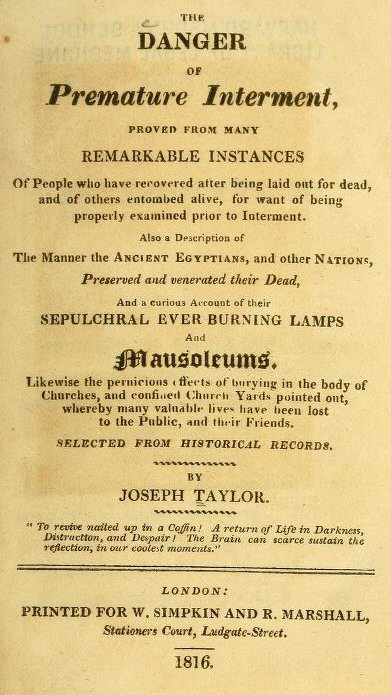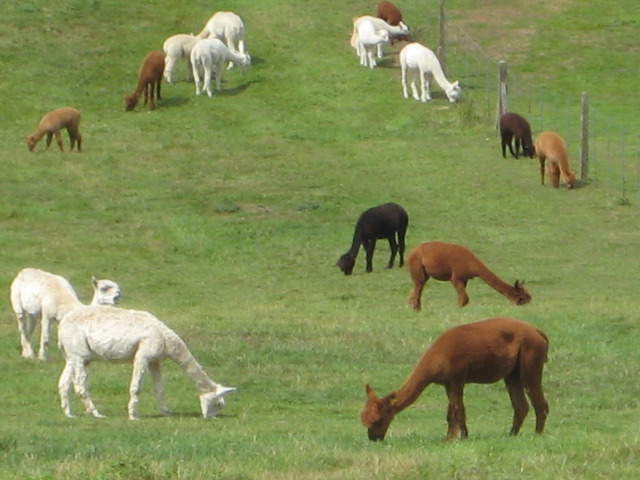Dramatis Personae:
ROBERT FRIPP, modest and bashful egghead electric guitar wizard
TOYAH WILCOX, pint-sized popstrel, his wife
PATRICIA FRIPP, executive skills coach and motivational speaker, his sister
PETE SINFIELD, magician who weaves spells with words, King Crimson lyricist
Scene One. Toyah’s so-called “Yoko House”, a property devoted entirely to storage of archives and memorabilia of her glittering career. Toyah is sorting through a pile of old videotapes of her appearances on Top Of The Pops, three decades ago.
Enter Robert Fripp, carrying an electric guitar.
ROBERT FRIPP : Hello, pint-sized popstrel wife!
TOYAH WILCOX : Hello Robert. Have you invented a new electric guitar technique today?
ROBERT FRIPP : Not yet, my dear, not yet.
TOYAH WLCOX : You’d better buck your ideath up! The world lookth to you for thintillating electric guitar innovationth.
Robert Fripp passes a hand over his startlingly intelligent forehead, momentarily overcome by the weight of his responsibility.
ROBERT FRIPP : I can’t come up with something as fantastic as Frippertronics every day, sweetie.
TOYAH WILCOX : I don’t thee why not. You jutht took a thimple feedback loop thing already practithed by many experimental guitarithtth and called it Frippertronicth with your wonderful modethty. I’m thure there are thome other techniqueth lying around that you could altho lay claim to.
ROBERT FRIPP : (sighing) I don’t know. Sometimes I think my gigantic brain has taken the electric guitar as far as it can go. Perhaps I need a brand new field to which I can devote my pulsating intellect.
Scene Two. The executive boardroom of Cakes R Us, a major player in the cake manufacturing industry. Patricia Fripp is addressing the assembled executives.
PATRICIA FRIPP : OK, still the hubbub! I know I have been described as “one of the ten most electrifying speakers in North America”, but right now you have to stay calm and concentrate on cake sales figures. Let’s kick some ideas around the flagpole and push envelopes into a box. Brainstorm, guys!
The executives brainstorm in various little grouplets or “idea silos”.
Scene Three. Toyah’s “Yoko House”.
TOYAH WILCOX : Robert, give me a hand with thith pile of coloured vinyl copieth of my hit thingle “It’th A Mythtery”.
ROBERT FRIPP : Will do, poppet, just as soon as I have finished cogitating.
The telephone rings. Toyah picks up the receiver.
TOYAH WILCOX : Hello?
She listens for a while and then puts the phone down.
TOYAH WILCOX ; Well, Robert, that wath very exthiting. It wath your thithter Patrithia, calling from a very important conferenthe of cake executiveth in North America. They want to expand their cake buthineth to the UK by holding cake thaleth at countrythide fairth and bazaarth and jamboreeth. Patrithia thinkth you would be the perfect perthon to add gravitath and therebral heft to thuch eventth.
ROBERT FRIPP : You mean I should cast aside the electric guitar and devote myself to innovations in cake-selling?
TOYAH WILCOX : Yeth.
ROBERT FRIPP : It would certainly give me a whole new area to which to apply my giant egghead brain! I must go and see Pete Sinfield at once!
Scene Four. The palatial residence of Pete Sinfield, whose lyrics have been intoned by top prog artists such as King Crimson, Emerson Lake & Palmer, Leo Sayer and Bucks Fizz. Pete is sitting at an escritoire, writing the lyrics for a pop song with a quill upon parchment.
Enter ROBERT FRIPP
PETE SINFIELD : Hello, Robert. It’s a good job my residence is palatial, with huge doorways wide enough for your superb bespectacled egghead to fit through.
ROBERT FRIPP : I need some lyrics about cake for my new project.
PETE SINFIELD : Hmm. Let the Muse descend. “The lady in white robes floats o’er the mystic lake / And on the wind are borne towards her many sorts of cake”.
ROBERT FRIPP : Brilliant! Thanks, Pete.
Scene Five. A countryside fete, somewhere in England. Inside a marquee, beside a sign bearing his wife’s name, Robert Fripp proffers a tray of cakes to passers-by.
ROBERT FRIPP : Roll up, roll up. These aren’t just cakes. They are an entirely new teatime snack I call Frippocakeys.
TOYAH WILCOX, PATRICIA FRIPP, & PETE SINFIELD (looking on in awestruck admiration) : Truly, Robert Fripp has brought something entirely new and original to the world of cakes.
Curtain.

Thanks to Marina Organ for alerting me to this superb photograph.







